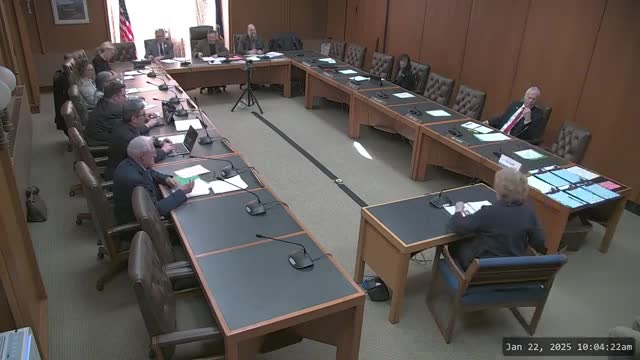Article not found
This article is no longer available. But don't worry—we've gathered other articles that discuss the same topic.
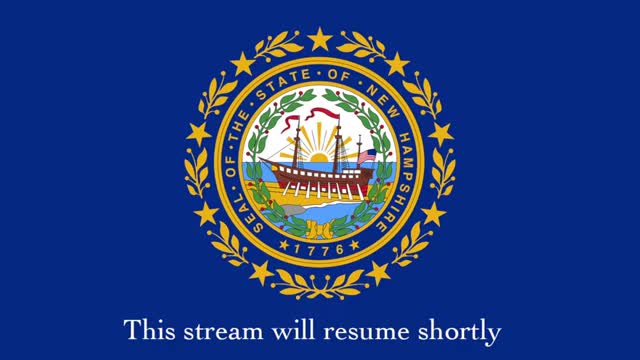
DES says point‑of‑use filter plan in HB449 would conflict with federal drinking‑water law
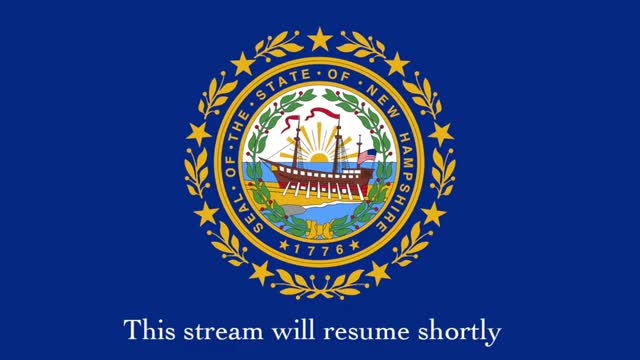
Representatives, DOT and snowmobile groups seek fix for interrupted trail connector across state right‑of‑way
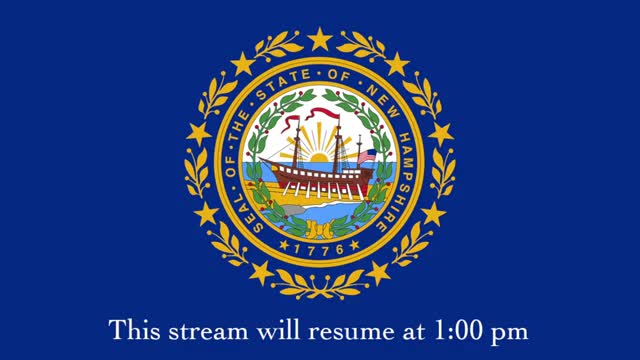
Sponsor seeks to raise Shoreland Protection Act fine ceiling from $5,000 to $15,000
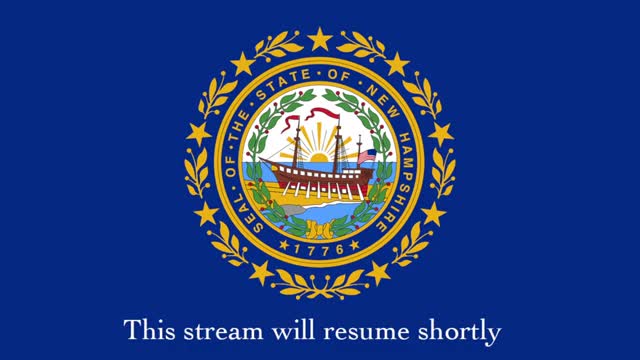
Marine patrol asks committee to close mooring loophole for spuds and lifts
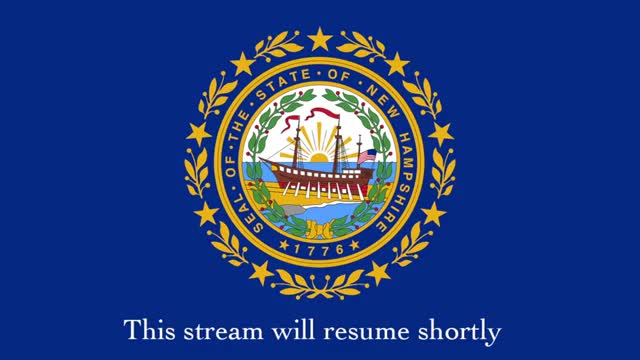
Committee hears bill to add environmental protections to state development plan
